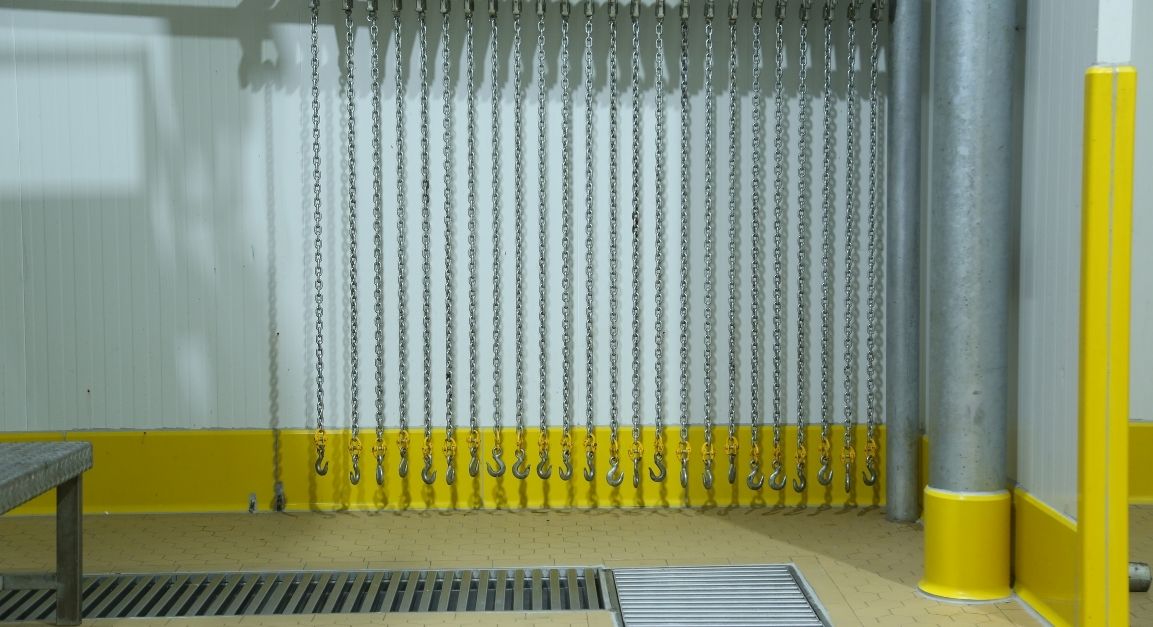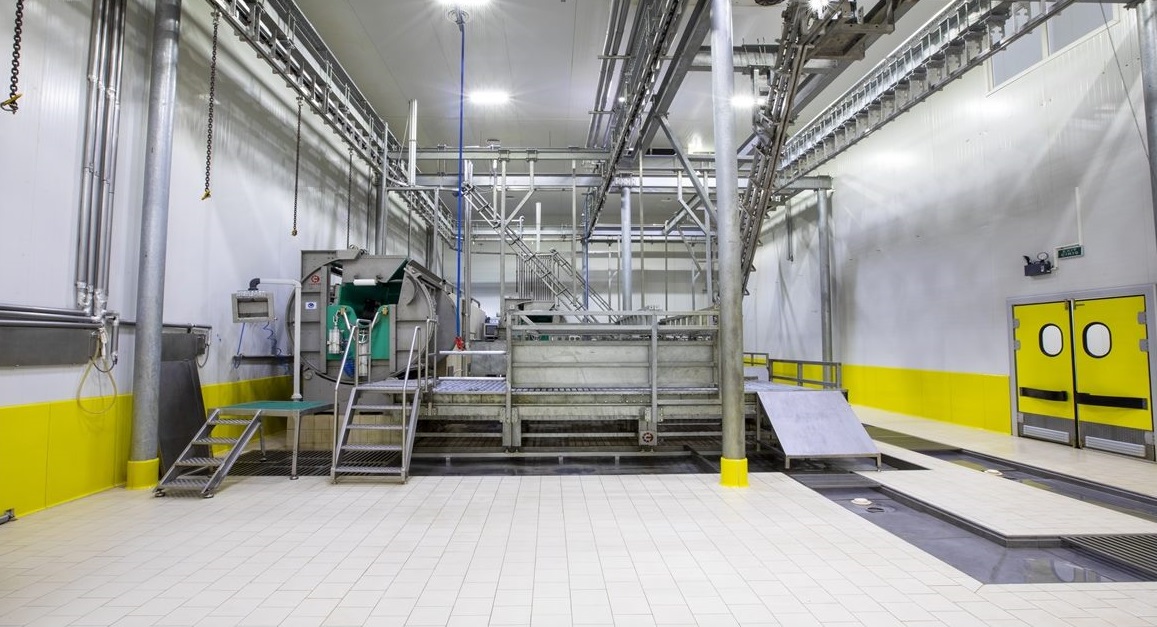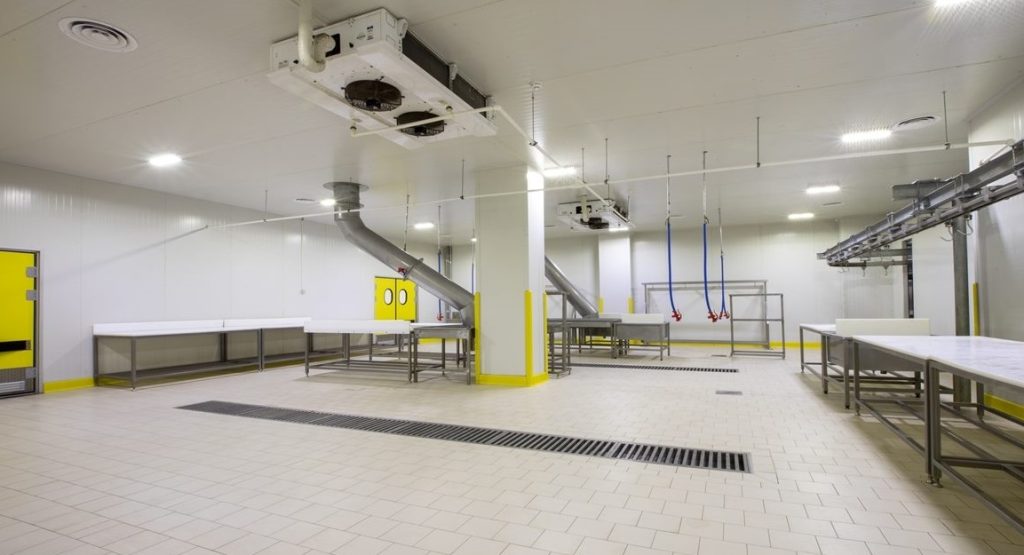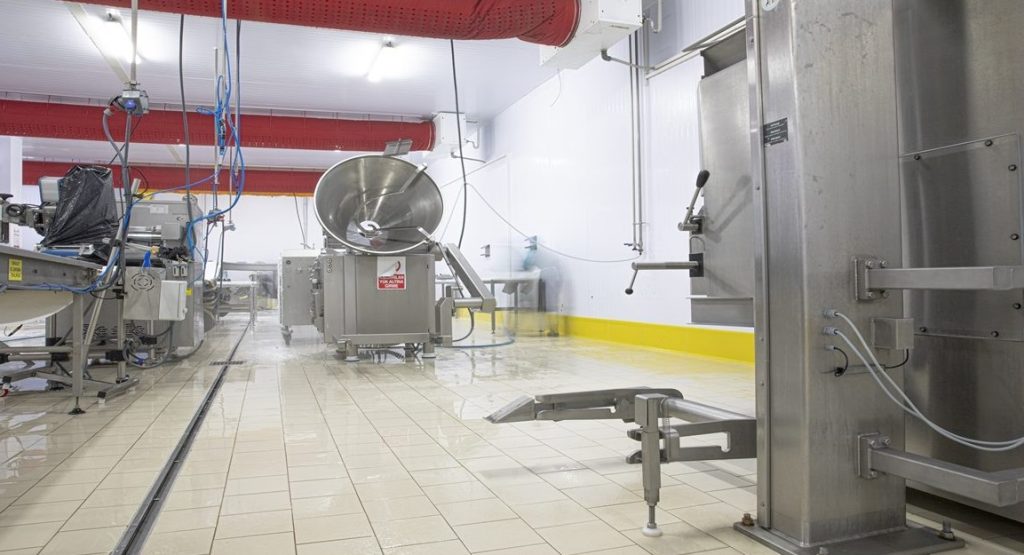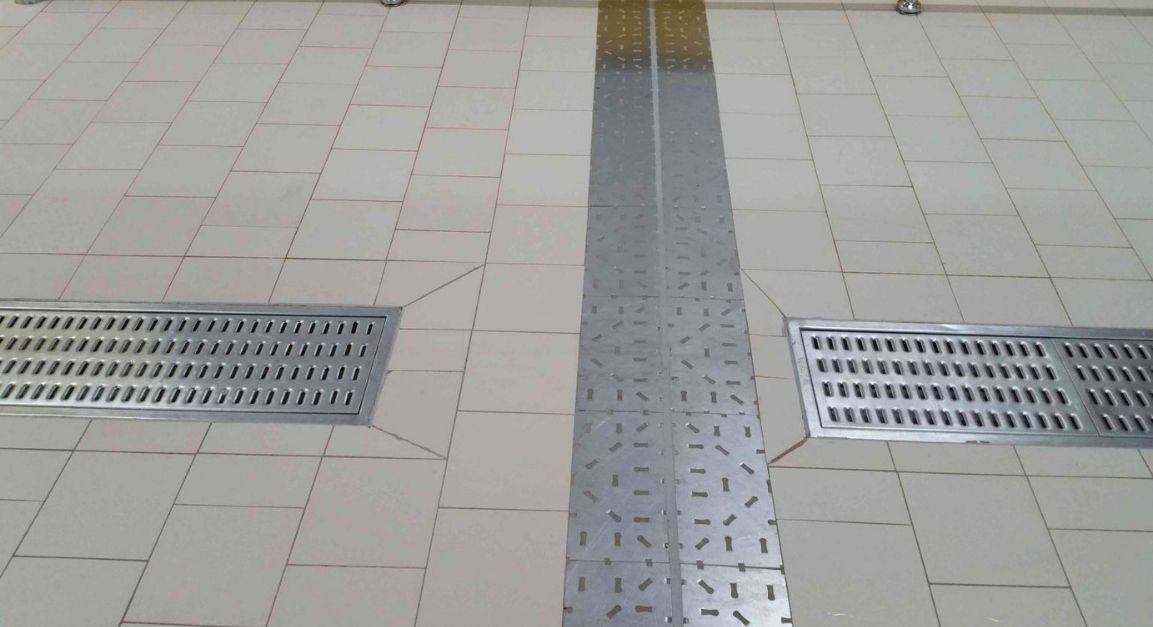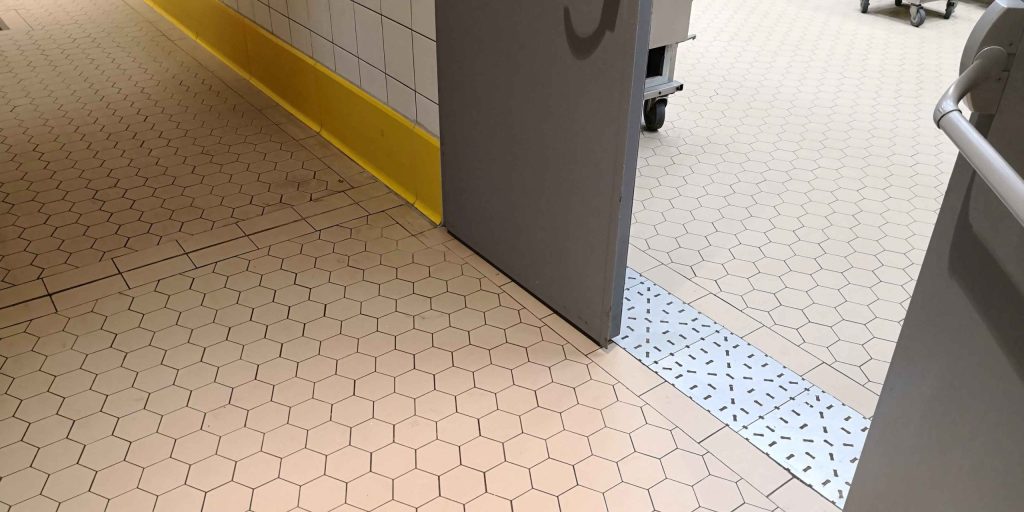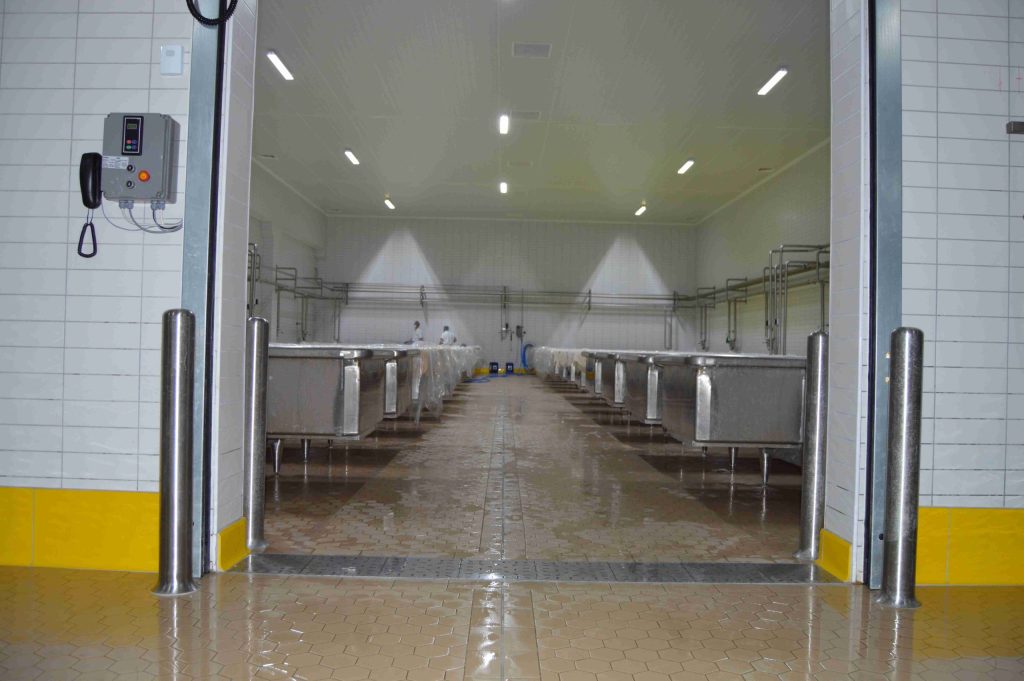Circular Skirting Board: Product of Hygiene and Durability
From food production facilities to hospitals, from pharmaceutical production facilities to clinics, the importance of hygiene cannot be denied. In such environments, walls, panels and columns must be protected from light and medium level impacts. Circular skirting boards, which come into play at this point, both meet hygiene requirements and stand out with their durability.
Smooth-surfaced circular skirting boards are made of materials that are resistant to acids and chemicals. Because of these features, they provide long-lasting protection even in environments that require frequent cleaning. In addition, thanks to its radius form, it is easily cleaned and reduces the formation of bacteria. Thus, it helps you to create a healthy work environment by keeping your hygiene standards high.
Circular skirting boards not only provide protection, but also serve as a visual warning. Because of its visible color, it can also be used as a “WARNING BAND” and remarkable protects against corrosion. This provides an effective way to warn your employees for potential hazards.
The products are available in two different types depending on your needs: above decking and in front of decking. This gives you the flexibility to choose the most suitable option for your area of use. They can be used both on the floor covering and in front of the floor covering to provide excellent protection.
Circular skirting boards are a more sustainable, efficient and permanent product than its alternatives, offering ease of maintenance and cleaning. Its long-lasting structure combines with low maintenance costs it helps you to save you money in the long run. It also reflects your environmental awareness with its eco-friendly features.
Circular skirting boards, the perfect combination of hygiene and durability, are an ideal product to be used especially in food production facilities, beverage factories, hospitals, pharmaceutical production facilities, clinics and other places that require hygiene. These products protect the health of your employees by increasing the hygiene standards of your business and provide you cost advantages in the long run. With its durability and sustainability, circular skirting boards offer a reliable solution for many years.
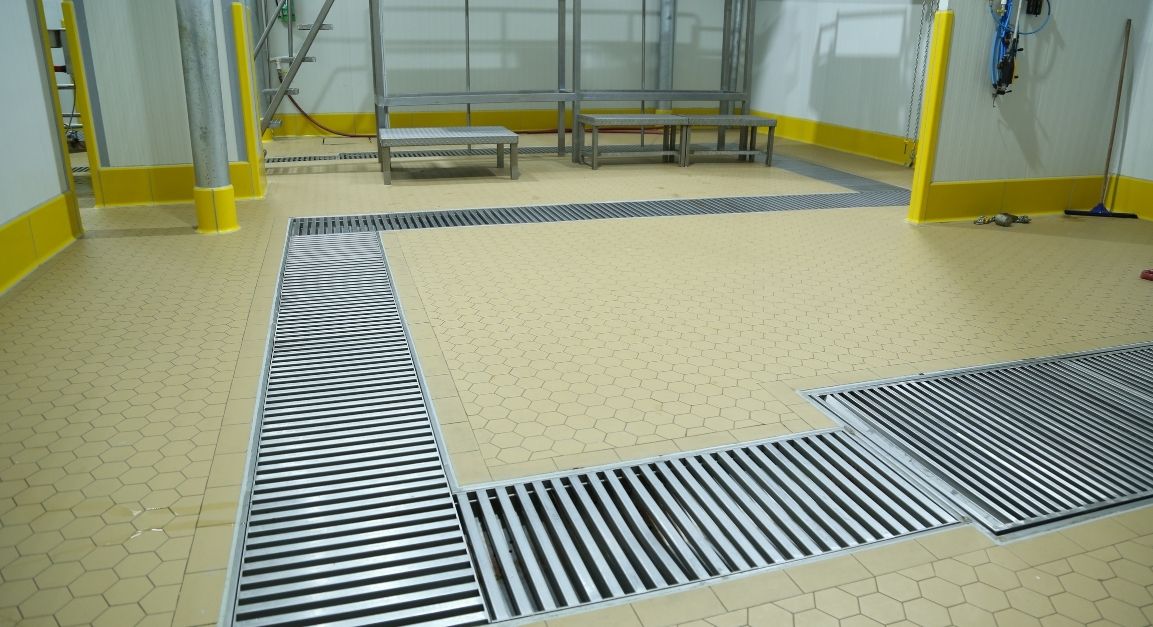
In which areas are circular skirting boards are used?
Circular skirting boards are frequently used in food production facilities, beverage factories, hospitals, pharmaceutical production facilities, clinics and other places that require hygiene. In these areas, they are preferred to provide hygienic and impact-resistant protection for walls, panels and columns.
How to clean circular skirting boards?
The smooth surfaces and radiused form of circular skirting boards make them easy to clean. They are usually cleaned by wiping or washing with a damp cloth or cleaning material. This reduces bacterial growth and helps maintain a hygienic environment.
How do circular skirting boards protect against corrosion?
Circular skirting boards are made of durable and acid/chemical resistant materials. Thanks to these features, they provide effective protection against corrosion. They can also be used to draw attention to potential corrosion risks by acting as a “WARNING BAND” because of their visible color.
What are the different types of circular skirting boards?
Circular skirting boards are available in two different types: above floor covering and front floor covering. Skirting above floor covering is mounted above the floor and provides wall protection. Skirting front floor covering is located in front of the floor and prevents damage to the floor by absorbing impacts.
What are the advantages of circular skirting boards?
Circular skirting boards have many advantages. They protect walls, panels and columns when used in environments that require hygiene. Their smooth surfaces and easy-to-clean structure reduce the formation of bacteria. They are also resistant to acids and chemicals and provide effective protection against corrosion. They are easy to maintain and clean and are a sustainable solution with long-lasting durability.

